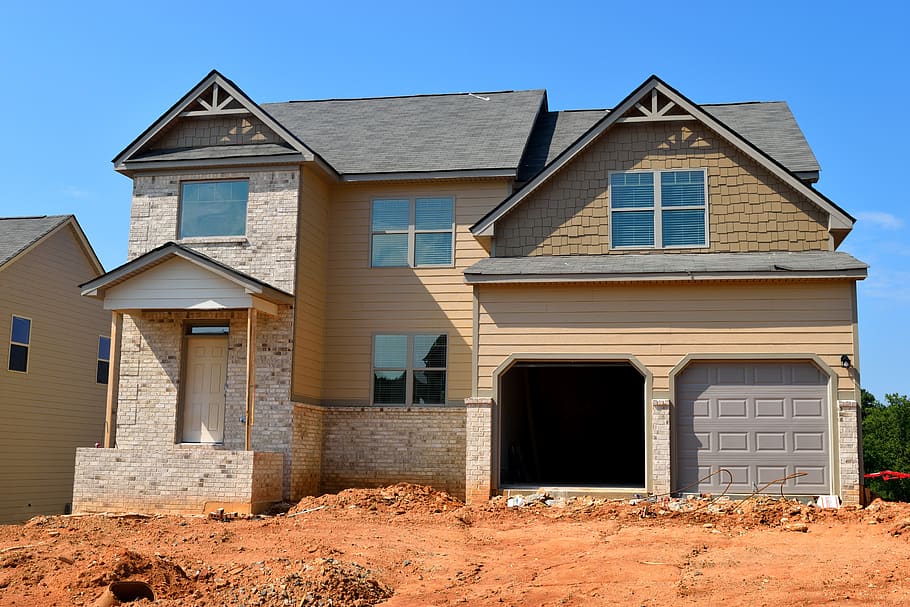Important changes to the usual Tarion warranty processes have been put in place to help manage the social distancing measures required to maintain the health and safety of homeowners, builders and the public at large. Make sure you are informed of how these changes affect your rights and obligations.
Time periods have been extended – for both freehold and condo
Tarion has suspended all claim submission deadlines for all warranty claims (30 day, Year-End, Second Year, MSD, delayed closing, financial loss and deposit claims). The suspension is in place until the Emergency Order by the Province of Ontario has been lifted. If the online claim submission system MyHome rejects a late submission by a homeowner, Tarion has committed to rectify it manually by sending out a letter outlining the next steps in the process.
Conciliations and inspections have also been suspended during the duration of the Emergency Order but are expected to be rescheduled as soon as the Order is lifted.
The suspension also applies to Performance Audits and Builder Bulletin 19 reports for condos. Tarion has reported that once the Emergency Order has been lifted, there will be a reasonable extension applied for any Builder Bulletin 19 reports due during the Emergency period. Field Review Consultants should contact Tarion at B19@tarion.com to advise them if they are unable to carry out the mandatory reporting due to an inability to attend a site.
Most builder repair periods have been suspended, with the exception of emergencies or health and safety issues. If an emergency or health and safety issue arises, builders are expected to follow the emergency processes outlined in the Customer Service Standard for freehold homes (Builder Bulletin 42) and the Claims Process for Condominium Common Elements (Builder Bulletin 49), including Common Element Meetings.
The PDI Process and Social Distancing
Generally, the pre-delivery inspection (PDI) process is an important time for the purchaser and the builder to walk through the home together to identify any defects or damage to the home at the date the purchaser moves in. This is useful down the road if a question arises as to whether or not the defect was caused by the purchaser or is the responsibility of the builder. It is also a good time for the purchasers to learn more from their builder about their home and how to maintain it.
Unfortunately, social distancing guidelines preclude the purchaser and the builder doing this walk-through together. During this time, it is advisable that both the builder and purchaser still take the time to do a thorough walk through of the property separately as close to the closing or occupancy as possible. It is advisable to take thorough notes and photographs of all aspects of the home and keep these handy for future use. The observations made at this stage can be very helpful down the road in the event that a warranty claim is filed.
The PDI process is also traditionally a good opportunity for the builder to provide some education to purchasers about the features of the new home or condo. Since this process will need to be done separately during this period, builders may consider putting together some online or written education materials for their purchasers. This could save builders the hassle of responding to warranty claims down the road. Purchasers may also wish to put together a list of questions for their builder to better understand the features of their home and how to best maintain them.
Denying Access to your Builder and/or their Trades
Normally builders and/or their trades ought to be allowed into a home in order to conduct inspections and make repairs. Unreasonable denial of access is often seen as a bar to warranty coverage, depending on the circumstances. During the Emergency Period, however, Tarion has confirmed that the refusal of a homeowner or condo corporation to open their home or common elements to the builder or its trades will not be viewed by Tarion as denied access. Similarly, Tarion has confirmed that builders, trades and suppliers who do not wish to enter a home or building are not expected to do so during the pandemic either.
Delayed Closings
If the construction of the home is delayed due to the pandemic, the builder has an obligation under the Tarion Addendum to send a written notice to the purchaser of the Unavoidable Delay and an estimate of the duration of the delay if this is possible to predict. It is not fatal to the notice if the duration is not estimated accurately, but the builder should certainly make their best efforts and act in good faith to be as accurate as possible. Once the period of the pandemic is over and there is a continued delay that goes beyond the actual pandemic, this can be included in the Unavoidable Delay. This is called the Remobilization Period. For example, there may be a backlog of construction projects which could cause serious delays in having work done by all trades, access to supplies, inspections, etc. Once the builder can determine the full period of the delay, they must send another written notice to the purchasers confirming that the Unavoidable Delay Period has ended and they must also set out new critical dates. Note that these new critical dates cannot exceed the time period of the Unavoidable Delay Period.
These new timelines and guidelines can be confusing. Speaking to a lawyer with expertise in the Tarion warranty process can help bring more clarity to you of your rights and responsibilities.

